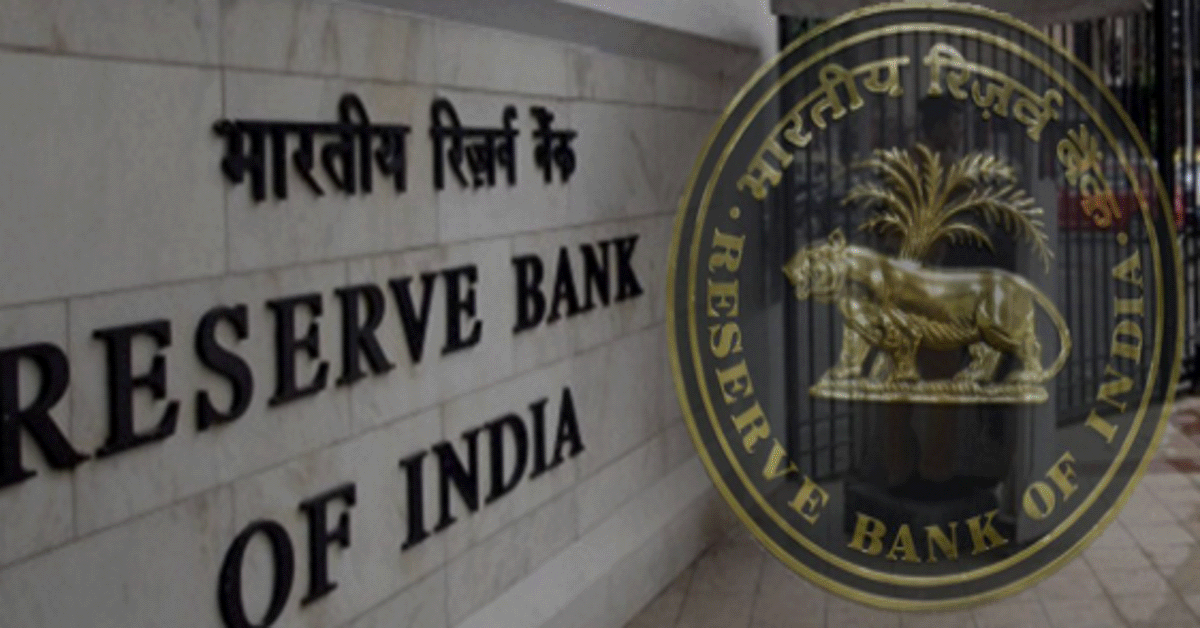ECL Finance and Edelweiss Asset Reconstruction Company Ltd (EARCL) have assured stakeholders of their commitment to following the Reserve Bank of India’s (RBI) recommendations.
On May 29, the central bank announced supervisory actions against ECL Finance and Edelweiss ARC due to significant supervisory concerns.
Edelweiss ARC stated that they are taking immediate actions to address the concerns raised by the RBI and ensure that their operations comply with regulatory expectations. Edelweiss ARC stated in a release on May 30.
ECL Finance reaffirmed its commitment to complying with the RBI’s recommendations and aims to resolve the issues within three weeks, as directed by the central bank.
The RBI has instructed ECL Finance to immediately cease any structured transactions related to its wholesale exposures, except for the repayment and/or closure of accounts in its regular course of business.
EARCL has been banned from acquiring financial assets, including security receipts (SRs), and from restructuring existing SRs into senior and subordinate tranches.
The RBI announced actions against Edelweiss group entities based on significant concerns identified during supervisory examinations. These concerns stem from the group’s conduct, specifically engaging in a series of structured transactions to evergreen stressed exposures of ECL, utilizing the platform of EARCL and associated AIFs, thus bypassing applicable regulations, according to the RBI.
The RBI also noted that incorrect valuation of security receipts was observed in both ECL and EARCL.
In addition, supervisory observations for ECL included submission of incorrect details of eligible book debts to its lenders for calculating drawing power, non-compliance with loan-to-value norms for lending against shares, incorrect reporting to the Central Repository of Information on Large Credits (CRILC) system, and non-compliance with Know Your Customer (KYC) guidelines.
The RBI stated that ECL violated regulations by taking over loans from non-lender group entities for eventual sale to the group ARC, effectively serving as a conduit to bypass regulations which permit ARCs to obtain financial assets solely from banks and financial institutions.
For EARCL, other violations included failing to present the Reserve Bank’s supervisory letter from the 2021-22 inspection to the Board, non-compliance with loan settlement regulations, and sharing non-public client information with group entities.
The RBI observed that instead of taking significant remedial actions to address these deficiencies, the group entities were finding new ways to circumvent regulations. Despite the Reserve Bank’s engagements with the senior management and statutory auditors of these entities over the past few months, no substantial corrective actions were taken, leading to the imposition of business restrictions.
Both companies have been instructed to enhance their assurance functions to ensure complete regulatory compliance. The RBI stated that these business restrictions will be reviewed once the group rectifies the supervisory observations to the Reserve Bank’s satisfaction. These restrictions are imposed without prejudice to any other regulatory or supervisory actions that the RBI may initiate against the entities.
